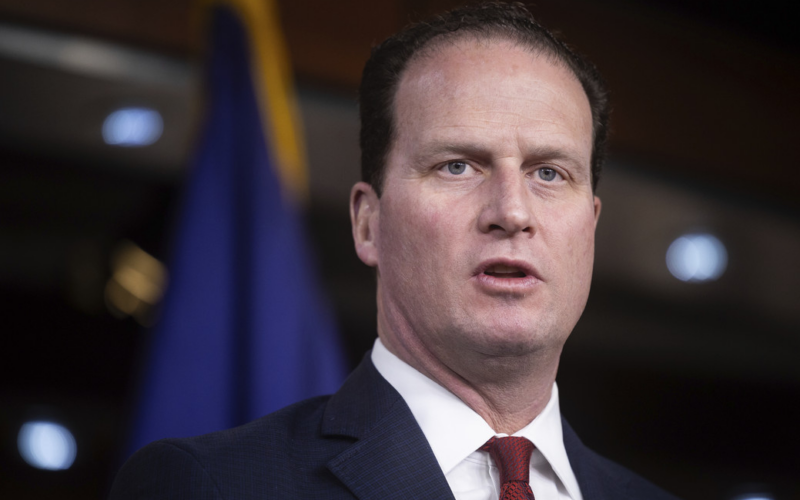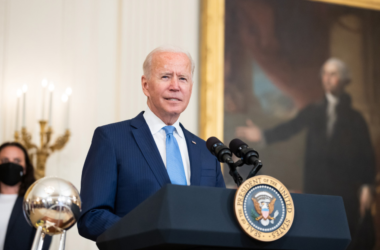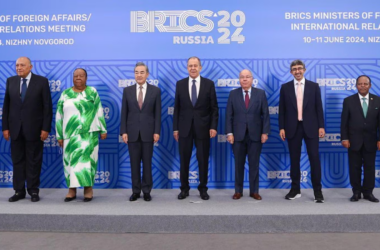GOP Representative August Pfluger Champions Greater Accountability and Transparency
In a significant push for increased oversight, a new bill in the House of Representatives aims to require Senate confirmation for future directors of the U.S. Secret Service. This move comes as a response to recent security lapses that have heightened concerns over the agency’s effectiveness and impartiality.
Currently, the appointment of the Secret Service director is made directly by the president without requiring Senate approval, unlike other high-profile positions such as Cabinet members and federal judges. This bill, led by Representative August Pfluger, R-Texas, seeks to address this gap by introducing a rigorous confirmation process.
The push for this reform gained momentum following the attempted assassination of former President Donald Trump on July 13, when a 20-year-old gunman managed to shoot at Trump during a rally in Butler, Pennsylvania. The attacker, who had been spotted by both law enforcement and civilians before firing, was able to breach the security perimeter, resulting in one fatality and several injuries, including a gunshot wound to Trump himself. The incident sparked outrage and led to the resignation of then-Secret Service Director Kimberly Cheatle, who was appointed by President Biden in 2022, and the appointment of acting Director Ronald Rowe.
Representative Pfluger and his co-sponsors argue that making the Secret Service director a Senate-confirmed position would enhance accountability and ensure that appointees are both qualified and non-partisan. The proposed bill would require that the president’s nominee undergo a public Senate hearing, receive votes from the relevant Senate committee, and ultimately be confirmed by the full Senate. Additionally, it would mandate that the Department of Homeland Security (DHS) provide detailed justifications for any security decisions affecting presidential and vice-presidential candidates within 14 days of those decisions.
“In today’s highly divisive political climate, the DHS Secretary owes all presidential candidates fair, apolitical, timely, and transparent consideration of USSS protection,” Pfluger stated. “Our country was millimeters away from a presidential assassination. We must provide adequate security for all presidential candidates – no matter their party affiliation.”
The bill also addresses previous reports that Trump’s requests for additional Secret Service security were denied multiple times before the July 13 rally. Similarly, Robert F. Kennedy Jr., a third-party presidential candidate, faced delays in receiving Secret Service protection until President Biden intervened.
Current co-sponsors of the bill include Representatives Anthony D’Esposito, R-N.Y.; Carlos Gimenez, R-Fla.; Cory Mills, R-Fla.; Michael Guest, R-Miss.; and Brett Guthrie, R-Ky. A similar bipartisan measure was introduced in the Senate last month by Senators Catherine Cortez Masto, D-Nev., and Chuck Grassley, R-Iowa, which also proposes a 10-year term limit for the director role.
The proposed reform reflects a growing bipartisan consensus on the need for greater transparency and accountability within the Secret Service, ensuring that its leadership is both effective and above partisan influence.








